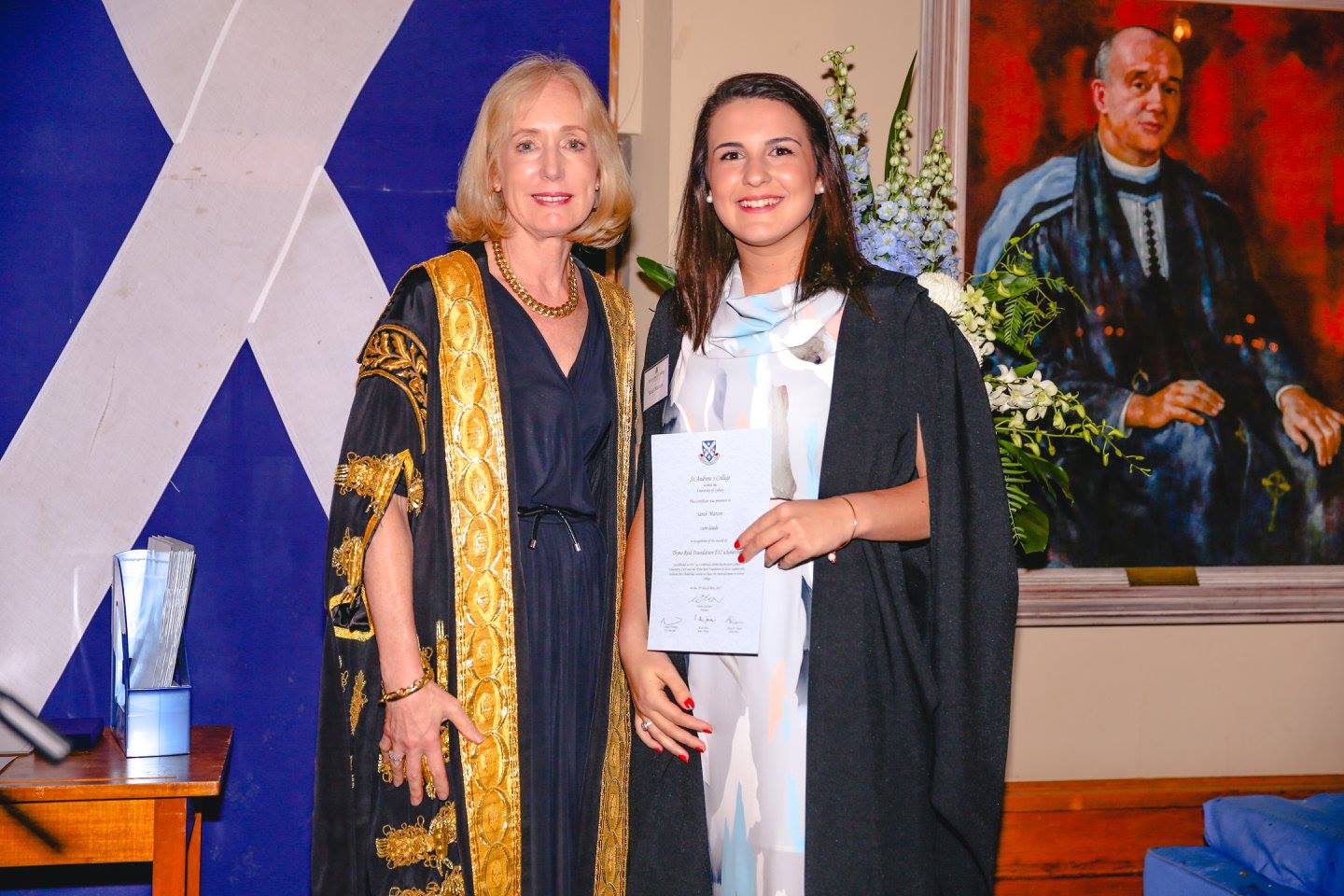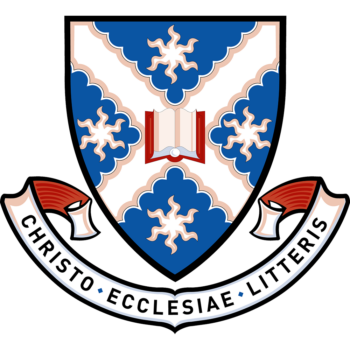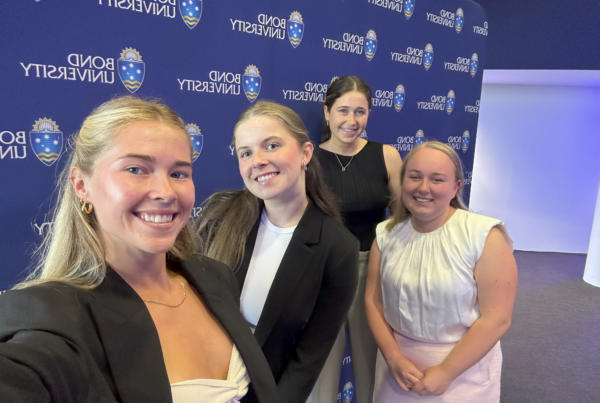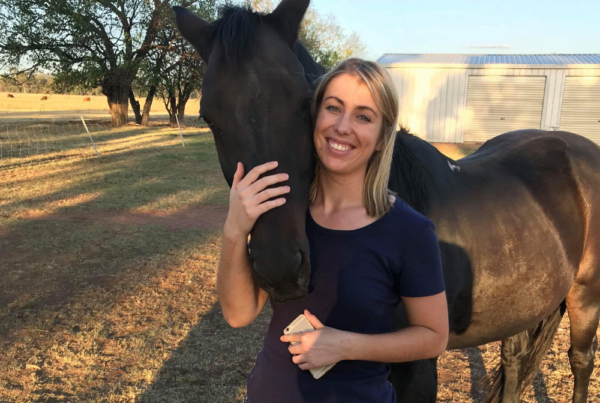
Amid a cost-of-living crisis for rural and regional university students, the Country Education of Australia and St Andrew’s College have stepped in to kick inflation to the curb and ensure country youth don’t fall behind their city counterparts in their studies.
Inflation has proved a major challenge for university students outside of metropolitan areas, with the cost of travel, fuel, rent and everyday living expenses rising significantly since early last year.
The last quarterly Consumer Price Index (CPI), the tool used to measure inflation, sat at 7% according to the Australian Bureau of Statistics (ABS), down from a peak of 7.8% last December.
The ABS reported a monthly CPI of 5.6% in June, in a positive sign that inflation is coming down, but the financial stress on rural and regional students is still a problem.
Finance company Finder reported that 70% of Generation Z respondents to its survey stated they were under financial stress, in its latest cost of living report in March.
The report’s findings also stated the average cost of fuel for respondents was more than $2 per litre, and that rental prices had increased 14% in the 12 months to February 2023.
Despite the CPI trending downwards, ABS data from June still reported the cost of food and drink increasing by 7.9%, rent rising 6.3%, and equipment and services going up 6%.
The Australian Government’s Independent Review into Regional, Rural and Remote Education (IRRRRE) in 2018 found that 28.4% of country students come from a low socioeconomic background, with 57% citing the need to relocate from their homes for university studies.
CEF’s Accommodation scholarships have proved critical in 2023, as well as it’s other streams of grant and scholarship funding, with 60% of recipients reporting they used at least some of their funds for accommodation this year- an increase of 14% from 2022.
At the start of July everyone with a HECS debt also saw it go up by 7.1%, with the indexation primarily calculated using the current quarterly CPI.
All the above has combined to produce the perfect storm for rural and regional students studying away from home, however CEF and its accommodation partners have proved their ability to take the pressure right away from their students.
Through its ‘CEF Extra’ program, CEF has accommodation partnerships with various residential colleges, including St Andrew’s College at the University of Sydney. ‘CEF Extra’ works with university and other national foundation partners to provide additional support to eligible students who have already been awarded grant funding by their local CEF foundation, of which there are 45 across Australia.
Each accommodation partner provides scholarships to eligible students to knock off some of their accommodation fees, helping them save money to put towards other expenses.
CEF CEO Juliet Petersen said the foundations funding streams had more of an impact now than ever before. “With the cost of living continuing to rise, rural and regional students are among the worst affected, with accommodation being the largest expense they face when having to relocate to a larger centre for study. Any assistance for this goes a long way towards ensuring the successful completion of studies,” she said.
Accommodation Partner Spotlight – St Andrew’s College
St Andrew’s College is a long-term partner of CEF, having awarded 56 individual scholarships since 2016 with a whopping $449,550 in total funding.
It is a residential campus located at the University of Sydney and, through CEF’s ‘CEF Extra’ program offers scholarships of $7000 per year, for one year, for up to five CEF students to put towards their accommodation fees. Students must have also received a grant from their local CEF foundation.
St Andrew’s is renowned for its extensive scholarship program in Australia, offering up to $2M in scholarships annually, making it the most significant scholarship program on a per capita basis.
Remarkably, approximately half of its students are fortunate to be recipients of at least one scholarship.
St Andrew’s College Principal, Rob Leach, said it was deeply committed to supporting students from rural and regional areas.
“We recognise the challenges faced by students, especially those from rural and regional backgrounds, in accessing higher education,” he said.
“Among the many obstacles, the additional costs of relocating and living away from home can be particularly burdensome. Our scholarships are designed to ease these challenges by providing financial support. Then our students can focus on their studies and take full advantage of all the programs on offer at College.”
CEF University Partner:
St Andrew’s College, University of Sydney
Partnership Commenced:
2016
Number of Individual Scholarships Funded:
56
Total Funds Committed:
$449,550
This year there were five recipients of the CEF – St Andrew’s scholarship:
Callum Warne, Shoalhaven Education Fund
Luca Cheal, CEF Walgett
Jackson Austin, CEF Griffith
Imogen Taylor, CEF Gunnedah
Anna Hunt, CEF Grenfell

CEF Alumni Sarah Marcon, who lived at St Andrews from 2016 - 2017.
Student Spotlight – Imogen Taylor
Imogen Taylor
University of Notre Dame
Bachelor of Secondary Education
St Andrew’s College Accommodation Scholarship
Local CEF Foundation: Country Education Foundation of Gunnedah

CEF student Imogen Taylor, of Gunnedah, says her St Andrew’s scholarship and CEF grant funding has allowed her to spend more time on studies and extra curricula activities.
She received a scholarship of $7000 to put towards her accommodation fees while she studies in her first year of a Bachelor of Secondary Education at the University of Notre Dame.
She initially received $1500 from her local CEF foundation, CEF Gunnedah, which she has also used to cover accommodation fees.
While she has still had to work a part time job, working three afternoons a week as a baby-sitter, she said her scholarship had still eased the financial pressure for her.
“It’s meant that I haven’t had to work as many hours, which is important as living in Sydney is very expensive,” she said.
“St Andrew’s is a great place to live and better than private accommodation, as you get catered for and don’t have to worry about cooking after a busy day of classes. It’s my ideal and preferred option.”







Recent Comments